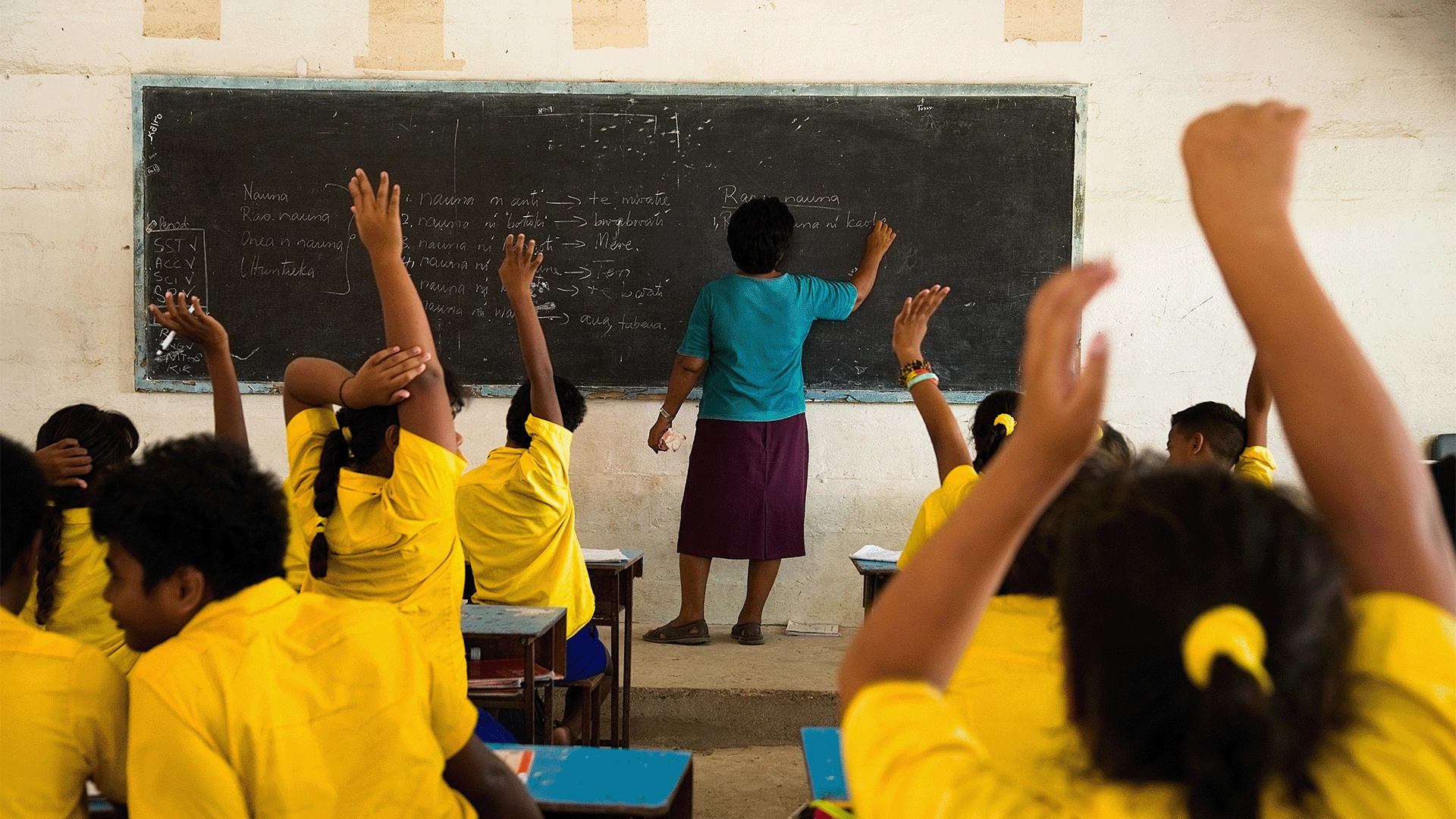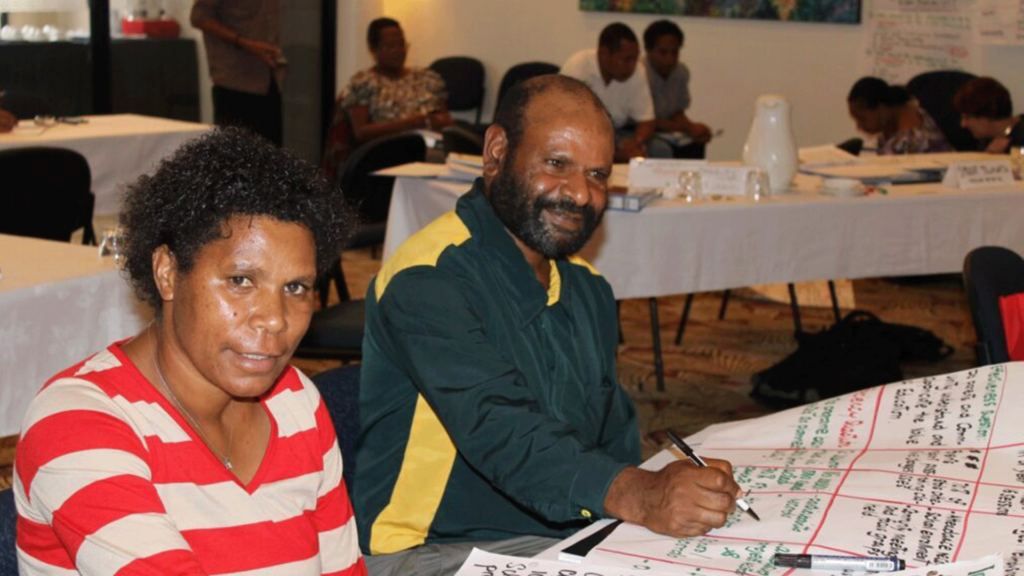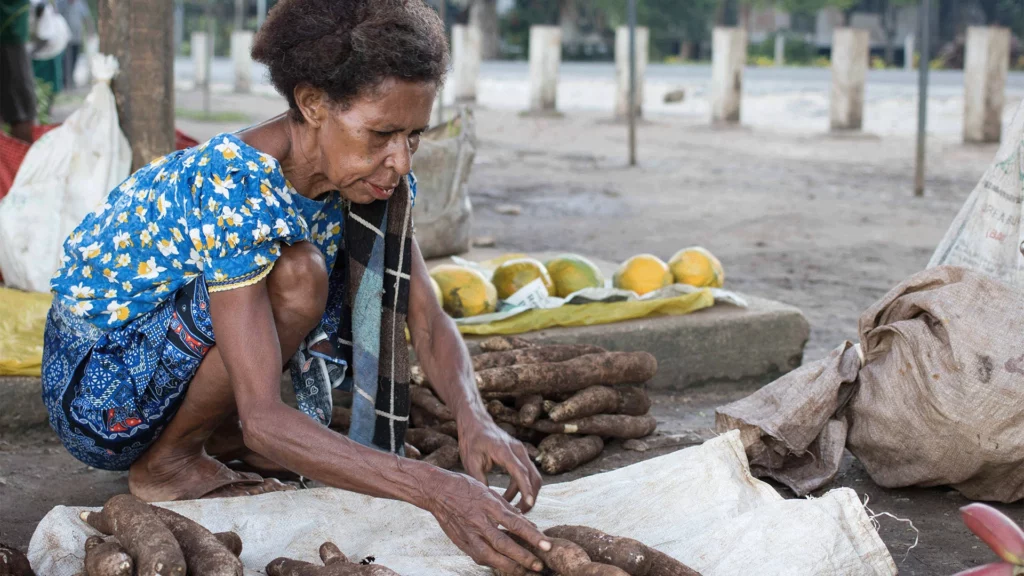
Tetra Tech International Development supported Kiribati’s future development by improving access to relevant and quality education for the children of this remote Pacific country.
Situation
Kiribati is a remote, archipelagic micro-state in the Pacific Ocean with growing demographic, economic, social and environmental pressures and challenges.
Kiribati’s population is increasing rapidly. There’s high unemployment, and it’s affected by water, sanitation and climate issues associated with its low-lying and tropical geography.
The Kiribati Government is focused on building the country’s future by providing quality education for all children – and in turn developing a qualified and skilled domestic workforce.
Kiribati’s scattered islands and numerous communal groups present logistical barriers for implementing a country-wide education program. Likewise limited and geographically dispersed building resources create challenges in the construction of schools.
Solution
The Tetra Tech-managed Kiribati Education Improvement Program (KEIP) focused on ensuring all children in Kiribati have access to quality schooling.
Tetra Tech delivered education with an emphasis on literacy and numeracy, to more than 10,000 school-aged children.
We worked with participating donors, including the Australian Department of Foreign Affairs and Trade, UNICEF and UNESCO, to support the Kiribati Ministry of Education (MoE) in implementing a comprehensive reform program.
Result
The third phase of the DFAT-funded Kiribati Education Improvement Program continues to support basic education reform in Kiribati. This phase of the program will extend the curriculum and teacher professional development reforms from Primary into Junior Secondary years of schooling, as well as continue to improve English language capability of teachers, access and participation in education for all girls and boys in Kiribati, school building rehabilitation, and support to enhancing the management capacity of the Ministry of Education.
KEIP is also encouraging and facilitating higher transition rates from primary to junior secondary school and aims to establish a strong educational foundation for young I‐Kiribati who wish to progress to higher education and training.
A key component of achieving program success is creating school environments that facilitate learning. As part of this program we have designed and rolled out kitset classrooms that use only island-found resources – read our insight ‘A building blocks approach to education is already paying off.’
We have worked closely with our partners to establish the Primary School Rehabilitation Plan that integrates infrastructure development with other activities such as teacher training and workforce development, design and roll-out of school curricula and assessments and improvements in education policy.
Client
Australian Department of Foreign Affairs and Trade (DFAT)
Location
Kiribati
Duration
2011 – 2020


